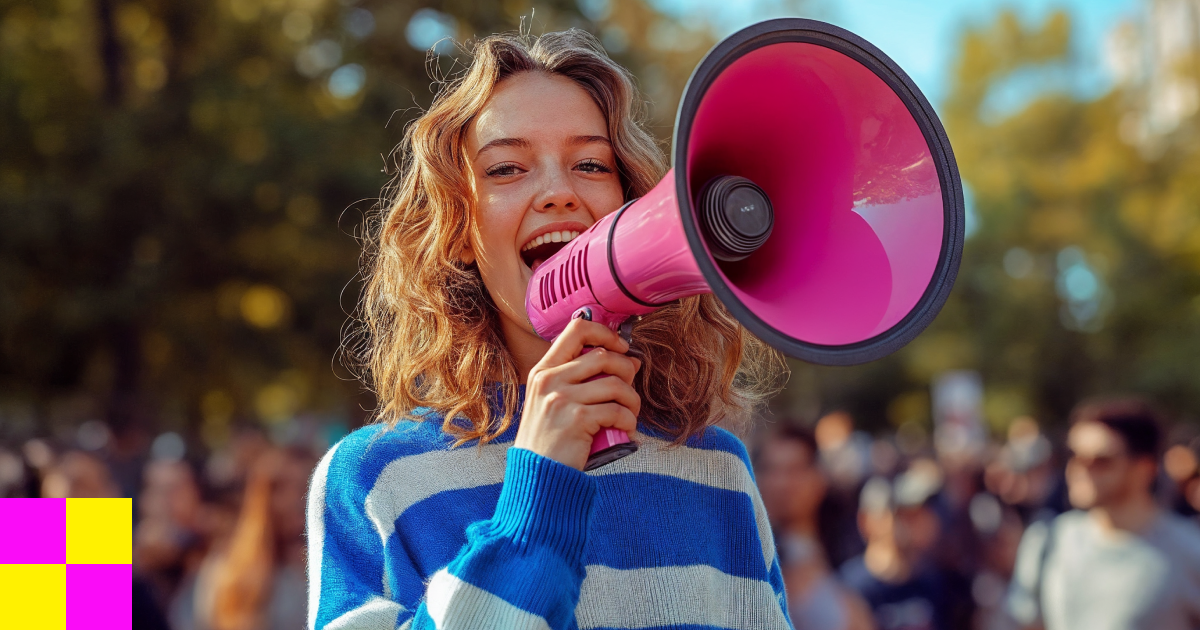Once upon a time, you could be a jerk online and it seemingly didn’t matter.
Maybe it was a snarky reply. Maybe it was a slur. Maybe it was telling someone to “take a long walk off a short bridge” and adding “jk” for plausible deniability.
But now? Online hate doesn’t stay online anymore. That post, that comment, that DM — it might cost you your job. Your relationship. Your reputation. Your future.
To figure out how bad it’s gotten, we surveyed nearly 1,000 people across the U.S. and asked about the harmful online behavior that they admit to contributing to.
Key Findings:
- 61% say they have made offensive jokes or comments online. Over half of these people also feel their online actions have no consequences
- 3 in 5 people admit to spreading rumors about others online — of those, 65% also encourage others to exclude people
- 60% of people we surveyed admit to being bullied or harassed by someone online, with men reporting this more often.
- 84% of Americans surveyed say they feel more empowered to say things online when they have anonymity
Over 3 in 4 people feel their online actions have no real-world consequences
It’s the lie we tell ourselves to post without pause. We think our screens insulate us from responsibility. But just because something happens in a comment section doesn’t mean it’s invisible. This belief is how cruelty scales.
When people feel they have anonymity, they feel more empowered to say things maybe they wouldn’t otherwise — in fact, we found that 84% of people feel this way. We also found that men are 28% more likely than women to feel that their online actions have no real-world consequences.
When looking at the platforms that people feel their actions have no consequences on, Twitter/X reigns supreme, with 91.28% of X users we surveyed thinking nothing will happen if they’re cruel online.
Twitter is where context dies and dunks thrive. It’s a platform built for clapbacks, quote tweets, and viral callouts. But when nearly everyone on it thinks there are no real consequences? You get a pressure cooker. People build entire personalities around being harsh, snarky, or brutally “honest.” Then act surprised when it tanks their reputation or brand.
Other notable platforms where people believe there are no offline consequences? Reddit? 80%. TikTok? A solid 72.44%.
Even worse? The younger you are, the more disconnected from reality you seem to be. 92.98% of 18–24-year-olds surveyed believe they’re untouchable.
This is the most plugged-in generation. The most chronically online. And the most convinced that nothing they do online will ever touch their offline lives.
Over half of Americans admit to encouraging harmful behavior online
The internet has made cruelty funny. People wrap hate in memes, sarcasm, and irony, and then act surprised when someone calls it out. But humor doesn’t erase harm. In fact, it spreads it.
Online humor isn’t neutral. It travels. It mutates. It becomes culture. And when nearly two-thirds of users are joking at someone else’s expense, it’s no wonder people are logging off for their mental health. We also found that men were more likely than women to share content that promotes negativity online, with 86% saying they have done so.
Rumors are another form of toxicity that plagues online culture now, with 3 in 5 people we surveyed saying they’ve shared this type of gossip about others online. 50% of the women we surveyed admit to this.
Most people have been harassed online
It’s not just creators or influencers getting online hate. It’s everyday users — teens, parents, retail workers, teachers — who get hit with targeted abuse. And it happens often enough that it barely feels like news.
60% of people we surveyed admit to being bullied or harassed by someone online, with men reporting this more often.
86.84% of the 18–24-year-olds we surveyed said they have experienced online harassment. That means nearly 9 in 10 young people online have been targeted. If they’re being harassed this frequently now, what does that do to their perception of safety? Of community? Of the internet?
We made the internet this way…but we can make it better
This isn’t a story about bad people. It’s a story about normal people who got used to being cruel because the algorithm applauded.
If you’ve ever:
- Liked a ratio.
- Reposted a cancellation.
- Left a “💀” on a stranger’s breakdown.
Then you helped build this internet.
That doesn’t make you evil, but it makes you accountable. What we tolerate becomes culture and what we reward becomes truth.
We work at Manychat. We see this every day.
We build tools for creators, businesses, and brands to grow on social. And we’re watching too many of them get buried by hate. We see the comment sections. The DMs. The cruelty that creeps in under the radar and blows up careers overnight.
We also see what it takes to make a platform worth showing up on. A place where people can grow businesses, build audiences, and speak up without wondering if they’ll get doxxed or destroyed.
If creators don’t feel safe, they’ll stop creating. And if people can’t show up online without being annihilated, we lose the best part of the internet entirely.
We’re not here to moderate your content. We’re here to remind you that the stakes are real.
And the future of this place — this chaotic, brilliant, hellish internet — is still up to us.
Methodology
Nerds, this section is for you.
We surveyed 974 people across the U.S. on their online behaviors. Given the self-reported nature of surveys, respondents may have biases and discrepancies between their answers and their actual experiences.
Fair Use Statement
Now that you see how people admit to behaving online, we’d love for you to share this data. All we ask is that you attribute Manychat for the data and link back to this page for full access to the findings!






